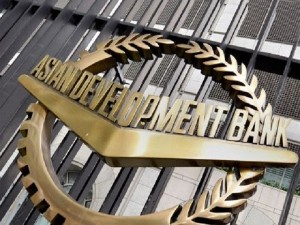
The Asian Development Bank has backed calls for the Bangko Sentral ng Pilipinas to be given the authority to issue and trade its own bonds, citing the need for additional tools to mop up excess liquidity given the threats of potential surges in foreign-exchange inflows.
Because of near-zero interest rates in stimulus measures in advanced economies, emerging markets like the Philippines have witnessed a rise in foreign portfolio investments. The Philippines is believed to have become even more prone to spikes in foreign-exchange inflows following its attainment of an investment grade status in March.
Although portfolio flows are welcome, excessive amounts pose threats of higher inflation and steep exchange-rate appreciation.
Neeraj Jain, country director of the ADB for the Philippines, said the BSP was recognized for having effectively managed liquidity in the economy. He said that having additional tools to address inflationary pressures would come in handy when threats of a surge in foreign capital happen.
If the BSP is allowed to issue and trade its own bonds, it is can sell more securities in the market if liquidity that needs to be mopped up becomes even more significant.
The BSP is not allowed by its charter to issue its own bonds. It trades mostly government securities in its open-market operations.
“There is a need to look at [and amend] the BSP’s charter to expand the tools it has in its disposal to effectively conduct monetary policy and ensure economic growth that comes with a stable inflation environment,” Jain said.
Jain said that last year, the BSP handled well the inflationary threats arising from significant foreign-exchange inflows. He said the BSP could be even more effective in dealing with excess liquidity if it has its own securities to trade.



